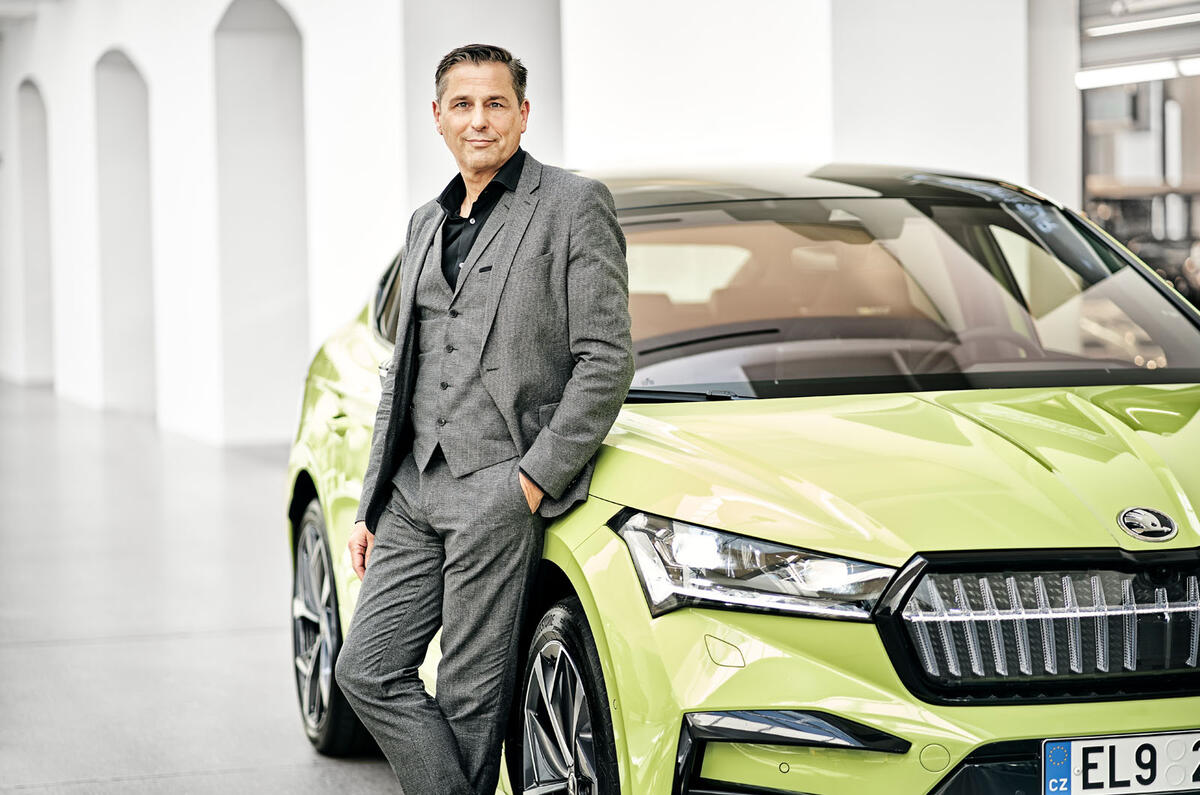It’s hardly surprising that Klaus Zellmer, chairman of Skoda for the past six months after more than two decades at Porsche, enthusiastically describes himself as a car guy. Anyone who has spent his working life rising through the ranks at the legendary German sports car maker (he was CEO of Porsche Cars North America for five years from 2015) is bound to fit that description.
The more interesting question is why a 23-year Porsche man should be drafted into Skoda, which sits at the opposite end of the Volkswagen Group’s price and prestige spectrum – especially since one of his recent Skoda predecessors, Bernhard Maier, spent five years as Skoda’s CEO after a similarly lengthy Porsche stint.




Add your comment